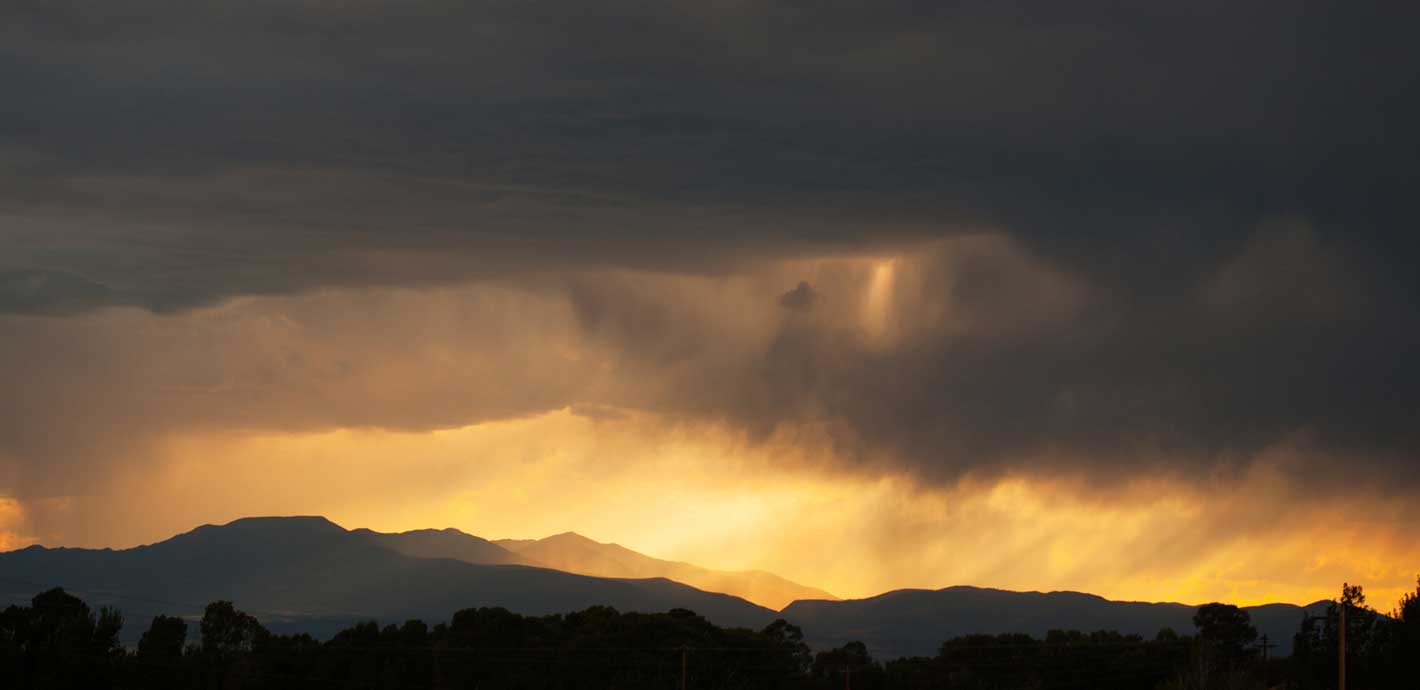I find the fear and loathing of all things “Eastern” within the Christian Church to be as utterly fascinating as it is uninformed and ignorant. This is especially true of the concept of meditation.
As an ordained Presbyterian minister who has pastored churches throughout the Midwest, I am intrigued by the level of misinformation folks have grown up with about the mystic components of our Church and our faith. We have grown apart and, in some respects, afraid of those things mystical.
In Bible Study, I have some fun with my parishioners and ask them about their feelings on reincarnation. They are usually pretty nonjudgmental folk, and almost always across the board they resign such beliefs to Hindu or Buddhist adherents. I ask them if they think it could ever be a part of the Christian traditions, and it’s almost always a resounding, “No.” I then point them to Mark 8: 27-28. Here, Jesus is having a discussion with his disciples shortly after they have witnessed him doing several miracles. I am quoting the New International Version translation:
Jesus and his disciples went on to the villages around Caesarea Philippi. On the way he asked them, “Who do the people say that I am?” They replied “Some say you are John the Baptist;, others say Elijah;, and still others, one of the prophets.”
At this point I stop them and ask them to observe what has just taken place in this dialogue. The disciples have presented to Jesus the very concept of a dead person coming back to life in the form of someone else. And note that Jesus did not follow up this notion with any kind of rebuke or condemnation. Now, while one cannot and should not draw any conclusions from this exchange, it shows that Jesus, a man who was raised in the Middle East and therefore influenced by both Eastern and Western philosophies and spiritualities, was not a stranger to these things that so many of us in the Western world consider “Eastern” in philosophy, religion, and spirituality.
Over the centuries, the Christian Church has lost touch with many things spiritual and Eastern. We’ve lost touch with those things metaphysical, if you will, and become dependent almost completely upon those things physical. And we’re all the poorer for it. Over the past 30 years we have lost touch with the quiet, contemplative meditations of worship and exchanged them for three-piece bands and rock songs masking themselves as hymns of praise. Many modern-day worship expressions give little to no time for silent prayer and meditation, no time for quiet contemplative prayer.
We live in a world that is so busy, so rushed, so loud, so full of unrelenting noise and interruption, that we have lost touch with quietness, peace, and meditation. I would daresay we have even given up desiring the quiet, peaceful, uninterrupted times in our day, we’ve become uncomfortable with it, find it doesn’t fit with the expectation of our society that to be successful, whether it be at work, home, or school, we have to be busy until the end of the day when we simply crash in a heap, exhausted from the day’s chasing this and that, simply too tired to spend any time at all in quiet meditation.
Related: How to Fully Embrace the Power of Quiet
Why is this so important?
Scripture gives us several incidents where meditation and quietness are vital to the person of faith.
“Be still and know that I am God.” -Psalms 46:10
“…and on His law he meditates day and night.” -Psalms 1:2
“Meditate upon these things; give thyself wholly to them; that thy profiting may appear to all.” -Timothy 4:18
I could go on and on, but my intent is not to give an exhaustive presentation on the presence of meditation in Scripture. However, I would like to focus on a passage in 1 Kings 19: 1-13. The great prophet Elijah has just had a confrontation with the false prophets of Baal. Elijah dared the prophets to put their sacrifices on the altar and then call down their gods to consume the sacrifices with fire. Of course, their gods couldn’t do it. Elijah then prepared his sacrifice on the altar and prayed to God who then sent down a flame to consume the sacrifice. When Queen Jezebel heard about this she became furious with Elijah and vowed to kill him. Elijah, understandably scared, began running for his life. In his running and panic, he kept hoping that God would intervene on his behalf to give him the answers he needed. One is reminded of the ancient adage: “When in danger, when in doubt, run in circles, scream and shout.”
He finally found some safety in a cave where he was able to regroup and this is where we pick up the story in Scripture, verse 9:
And the word of the Lord came to him; “What are you doing here, Elijah?” He replied, “I have been very zealous for the Lord God Almighty. The Israelites have rejected your covenant, broken down your altars, and put your prophets to death with the sword. I am the only one left, and now they are trying to kill me too.” The Lord said, “Go out and stand on the mountain in the presence of the Lord, for the Lord is about to pass by.” Then a great and powerful wind tore the mountains apart and shattered the rocks before the Lord, but the Lord was not in the wind. After the wind there was an earthquake, but the Lord was not in the earthquake. After the earthquake came a fire, but the Lord was not in the fire. And after the fire came a gentle whisper. When Elijah heard it, he pulled his cloak over his face and went out and stood at the mouth of the cave. Then a voice said to him, “What are you doing here, Elijah?”
You see, it wasn’t until Elijah had reached that point of quiet, it wasn’t until he was able to become wholly mindful, which can happen only when we are quietly in meditation, that he was able to become aware of the presence of God and hear His still, small, voice, or God’s whisper as the NIV puts it.
It is in our quiet moments of thoughtful meditation that we are best able to “hear” the presence of the divine.
I certainly have my moments in life when I am not sure what to do or where to go, or when the answers I seek aren’t all there. I have times when I fear, when I panic, and when my reaction is to run around in circles. Too often I spend too much time and energy running in circles screaming and shouting.
One of the greatest truths of life is the kind of awareness I need that comes when I am quiet and still inside, when I allow that still small voice to touch within me the spark of the Divine. And this is so contrary to life because it means that there must be no talking inside, and we are a talking people. This means no busyness going on inside, and we are a busy people. And this means no pressure inside and we are a people who live continually with pressure. This means for us that we take our problems and our concerns and we take our cares and our needs and we set them aside for just a moment and we allow ourselves complete quietness of body and mind so we can become aware of the living presence of God; and in that moment of awareness, God can reach us.
The greatest discipline that I can have in my life is that discipline for achieving that moment of silence and stillness within. In that moment I become aware of the presence of God, and in that moment God speaks to me and touches me. That whisper, that still small voice, is still a whisper. And it always will be; and unless I find that moment of stillness in my life, I may not hear that whisper.








Comments (0)